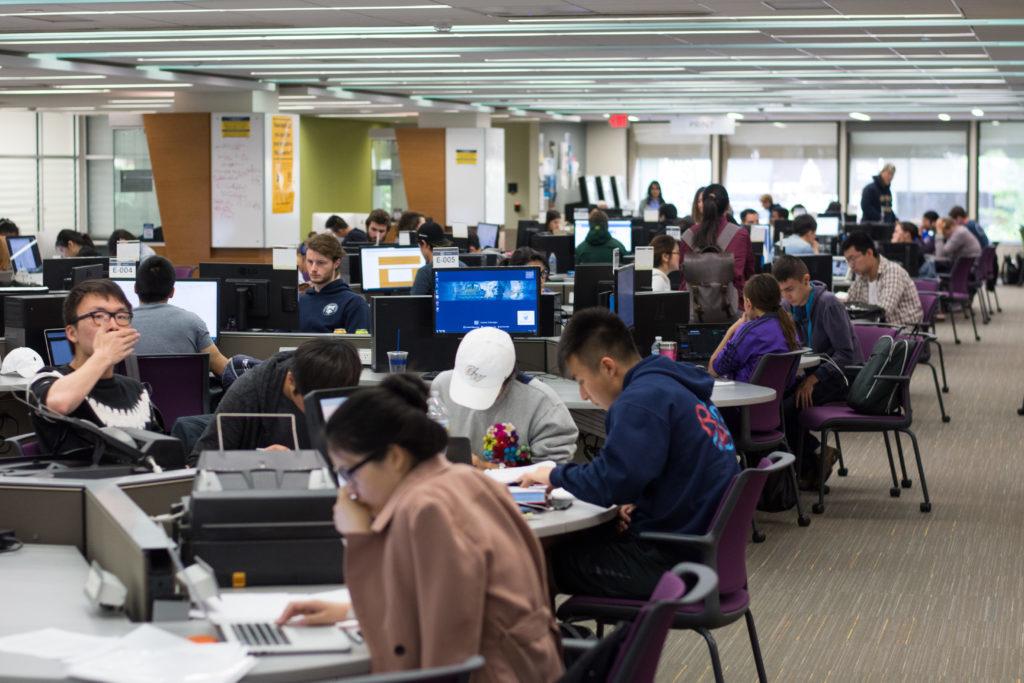Officials plan to move the Academic Technologies office to Gelman Library this summer to bring together library staff from across campus.
Geneva Henry, dean of libraries and academic innovation, said the move is part of a department-wide project to bring all of its offices on the Foggy Bottom campus under one roof in Gelman Library. She said the move will allow for more collaboration between the various offices in the department.
Henry said the department is “in the planning stages” to relocate Academic Technologies from its current spot in Old Main to Gelman Library by the fall.
“This move is being carefully planned to limit any potential impact to the work of the units and the service they provide to students and customers throughout the University,” she said in an email.
Academic Technologies is responsible for assisting professors when they face technological difficulties. The department also works with faculty to implement technology into their teaching, according to the website.
The decision to centralize the department comes almost a year after budget cuts forced 40 staff members out of their positions and reorganized offices in departments including libraries, technology, safety and security, student affairs and treasury.
Bringing the various offices together will increase communication in the department, she said.
“The addition of Academic Technologies offers an opportunity for our technology-focused groups to work more closely together by being co-located in Gelman,” she said in an email.
All other offices in the department – including the Instructional Technology Lab and University Teaching & Learning Center – are located in the library, except for Academic Technologies and the Center for Undergraduate Fellowships and Research, which is located in Colonial Crossroads in the Marvin Center.
Henry said the department is not planning to relocate the Center for Undergraduate Fellowships and Research.
Jake Julia, the associate provost for academic initiatives at Northwestern University, said concentrating offices in one building can make the department run more efficiently because distance can be a barrier to collaboration.
“Sometimes people are more motivated to have those informal discussions that again might help the unit to do better at what it does,” Julia said.





